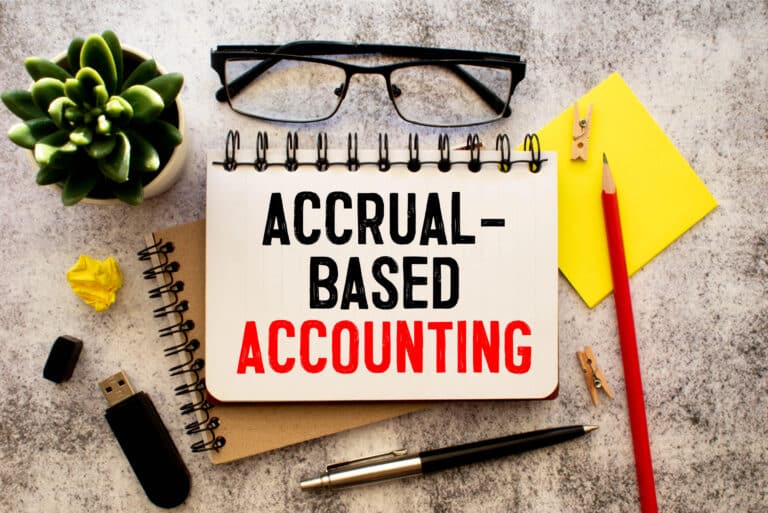While listening to a recent podcast, the hosts were discussing a recent article in Entrepreneur Magazine that stated startups should in-source their accounting, quality control and sales. The latter two are outside my domain expertise, so I won’t speak to those. I will address some of the accounting-related points here. While I have no doubt the entrepreneurs who wrote the article have been successful with their startups, I would challenge their view of outsourced accounting services.

Information Timing
Things are happening much too fast to be dependent on reports that are a month, or even two weeks old. You need to know what’s happening daily.
Couldn’t agree more! Businesses need, and should expect, information that is timely and relevant. Access to this type of information can be provided by an outsourced accountant that is skilled with modern cloud technology. Cloud technology has allowed us to have greater access to apps and interconnected data. Interconnected data means information that is both actionable and timely.
In fact, this is the purpose of my dashboarding service. A dashboard is a visual representation of key predictive indicators (KPIs) for your business. Which KPIs to track are determined by you (the business owner) and the accountant. The dashboard is meant to pull in data from across the business in an automated manner. Once we have the data, we can populate KPIs and pull together a consolidated view of what’s actionable right now. The result is decision makers in the business don’t need to wait for the (final) financial statements to receive actionable information. Rather, in this service model the financial statements become a supporting actor, not the entire movie.
Cost Accounting & Margin Analysis
Understanding your true cost of sales is critical and requires a savvy in-house cost accountant. Most businesses fail in the expansion or buildout phase because they neglected to appreciate how much it would cost them in time, money, and personnel to manage their increasing sales and provide the customer service necessary to protect their reputation and ensure their future reorders.
Yes, you absolutely need to be aware of the true cost to deliver your product or service to your customers. However, this is also an interesting opportunity to track this information as a KPI in a dashboard. Further, the authors miss the mark a bit by suggesting you need a “cost accountant” for your business. In reality, cost accounting is a specialty within the accounting profession. A startup is more likely to need a more general skill set, because they are more likely to have one accountant as opposed to an accounting team. A startup’s accountant should have a broad understanding of things like taxes, forecasting, budgeting, payroll, etc. at a high-level.
Cost
Finally, I will make one more comment about cost. In my experience, it is often true that startups are short on cash. Why would you want to hire an in-house accountant who you are going to have to recruit ($), pay ($$) and offer benefits ($$$) to? According to the 2019 Robert Half Salary Guide, a manager-level general accountant is going to range anywhere from $76,250 to $142,000 in salary alone. That cost is going to be a substantial multiple of what it will cost you to outsource your accounting. When you in-source your accounting you are also responsible for your financial technology stack. This cost alone will run you somewhere between a few hundred and a few thousand dollars per month. Accountants specializing in outsourcing can achieve economies of scale on software cost.
Summary
In summary, every business needs good information in a timely manner. A good outsourced accountant with a solid understanding of today’s cloud technology will be able to provide that at a cost that is substantially lower than an in-sourced accountant.




